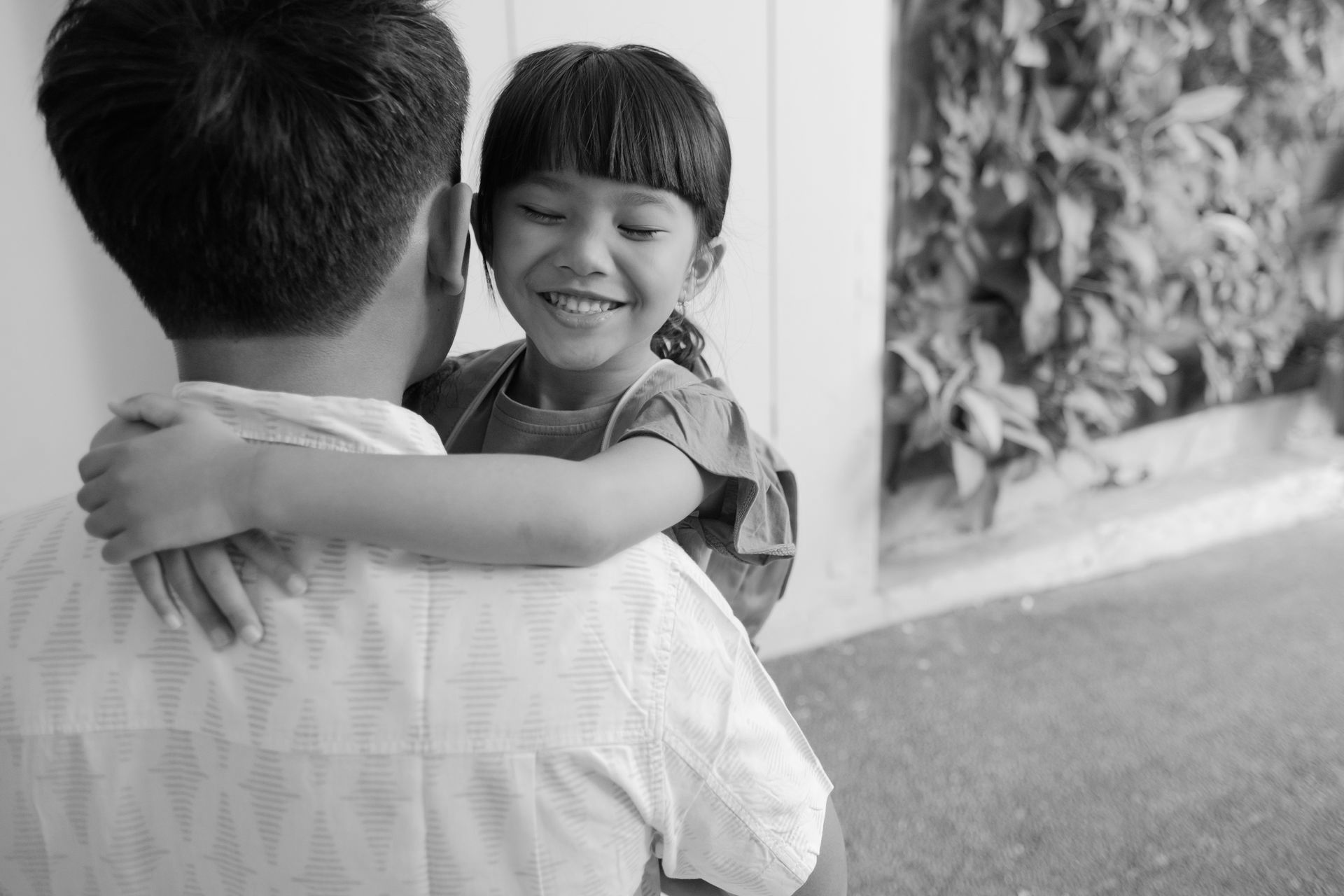Contact Us
Phone: 323-499-3361
Location
360 E 2nd St
Suite 800
Los Angeles, CA 90012
Hours
- Mon - Fri
- -
- Sat - Sun
- Closed
Call Now for a Consultation: 323-499-3361
"Friends with Benefits" is NOT a relationship under the DVPA
"Friends with Benefits" is NOT a relationship under the DVPA
In a recent ruling, the Fourth District Court of Appeal in California addressed a crucial matter regarding the characterization of relationships within the context of domestic violence torts. The court held, in a divided opinion on Monday, that a relationship labeled by the plaintiff as "friends with benefits" does not automatically qualify as a dating relationship for the purposes of Family Code section 6210.
The court underscored the complexity of determining a dating relationship under this statute, emphasizing that such evaluations are inherently fact-intensive and cannot be resolved solely based on convenient labels or descriptors. The majority explicitly stated that they neither categorically dismiss a 'friends with benefits' association as a dating relationship nor assert that it can never be considered one. Instead, their conclusion was based on the specific evidence presented in the case, supporting the trial court's finding that the relationship between the plaintiff, M.A., and the defendant, B.F., did not meet the statutory definition of a dating relationship.
The origins of this case trace back to a 2020 civil complaint filed by M.A. against B.F. in Orange County Superior Court, alleging domestic violence and sexual battery following an incident resulting in physical injuries. M.A. contended that she and B.F. were in a dating relationship, while B.F. disputed this characterization, claiming a 'friends with benefits' arrangement.
To establish a domestic violence tort in California, the plaintiff must demonstrate that the alleged abuse occurred within the context of a "dating" relationship, as defined by the state's Domestic Violence Prevention Act. This definition involves frequent, intimate associations characterized by the expectation of affection or sexual involvement independent of financial considerations.
Following a two-day trial in 2022, the trial court ruled in favor of B.F., asserting that M.A. did not meet the necessary elements to categorize the relationship as actionable under domestic violence laws. The Fourth District's majority, in their Monday opinion, upheld this decision, citing substantial evidence supporting the trial court's determination that the interactions between M.A. and B.F. did not meet the criteria of "frequent, intimate associations."
The court's reasoning included the observation that M.A. and B.F. had only met in person eight times over 19 months, and the majority held that these limited encounters did not constitute frequent associations within the plain meaning of the terms. The dissenting opinion, authored by Justice Maurice Sanchez, expressed concerns about the majority's narrow interpretation, arguing for a broader understanding of Family Code section 6210 to encompass evolving modern relationships and provide enhanced protection for domestic violence victims.
In summary, this legal dispute highlights the intricate nature of defining dating relationships within the realm of domestic violence laws, with the majority's decision based on specific case evidence and the dissent advocating for a more inclusive interpretation.



Schedule a Case Evaluation
Contact us now!
Homepage FCE Form
We will get back to you as soon as possible.
Please try again later.
By submitting this form, you agree to be contacted by our law firm, either by phone, text or by email.
Disclaimer: The information on this website is for general information purposes only. Nothing on this site should be taken as legal advice for any individual case or situation. This information is not intended to create, and receipt or viewing does not constitute an attorney-client relationship.
© Copyright 2024 | All Rights Reserved | M.C. Law, P.C. | Powered By Convert It Marketing | Privacy Policy





